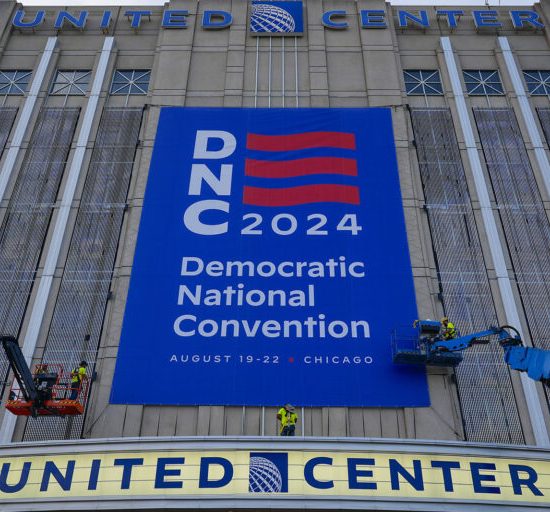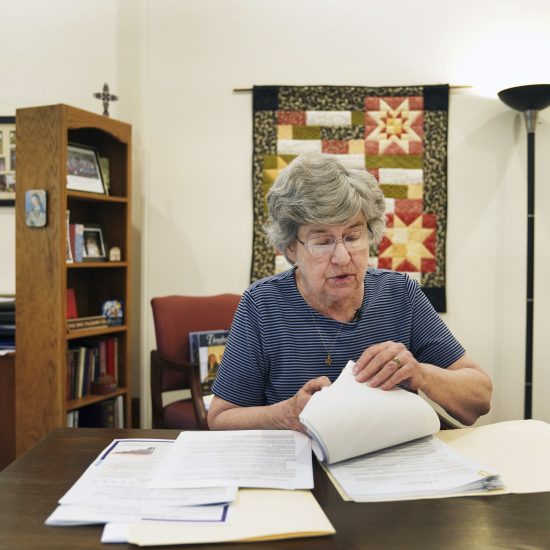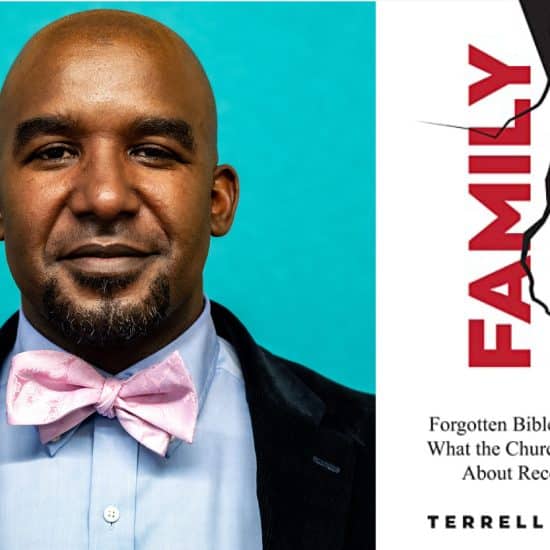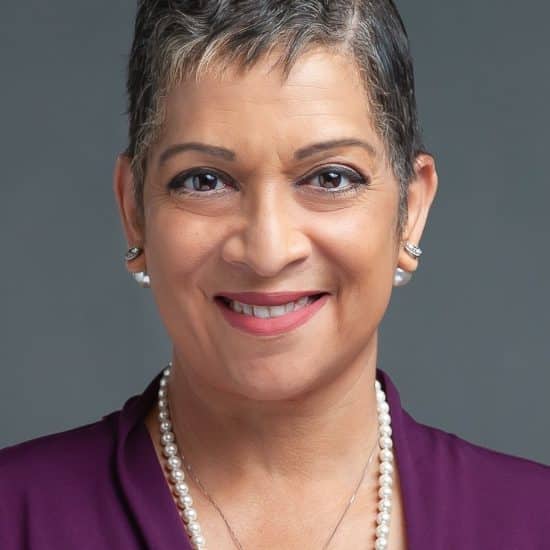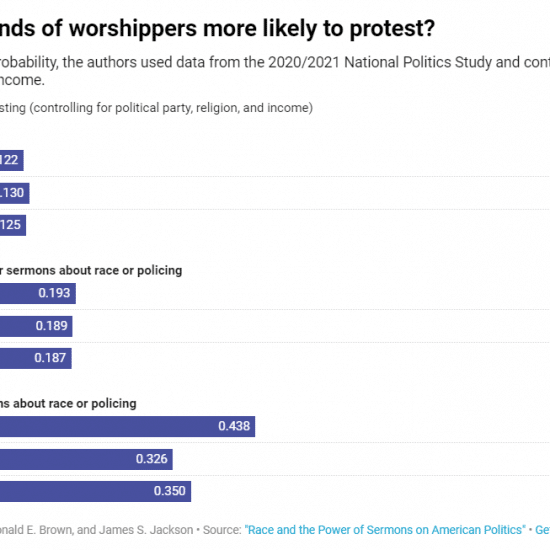First Baptist Church in Jefferson City has relied on the traditional small group concept — Sunday morning Bible study, youth ministry, single adult fellowship and others — for a number of years.
Now the congregation is poised to develop small groups intentionally and for specific ministry and outreach.
"We've been using a pretty traditional form," primarily for Bible teaching and fellowship, explained Brint Hilliard, associate pastor of discipleship since August 2009. "But we're seeing more and more people involved in small groups outside the traditional times."
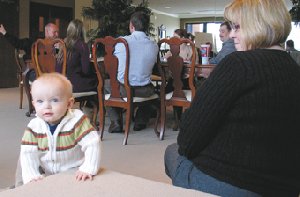
Small group flexibility allows parents in the nearly and newlywed Bible study at First Baptist Church, Jefferson City, to bring a child with them when they need to do so.
|
The church has seen an increase in the number of small groups that have sprung up in the last two years to meet specific needs, such as grief recovery, financial education and singles ministry.
Hilliard has been trying to track the groups that have developed and has been surprised to find more than he had expected. "We're seeing more movement [to small groups] to meet needs, and some Sunday School classes are meeting at times other than Sunday morning," he said.
"One challenge…is that Baptists in the last 50 years have put everything into programs," Hilliard said. "We must be intentional and encourage the small group emphasis…to build up members as disciples and to be making disciples. We must be more intentional for the discipleship process to become a journey."
Some churches get stuck in the status quo, he added. Small group dynamics can help a congregation grow.
And more importantly, they are safe places for non-believers and new Christians to ask questions and learn the basics of faith.
But a congregation shouldn't develop small groups just because other churches are doing so, or choose the type of group to start based upon the forms other congregations are using.
"Small groups need to be intentional in determining who they are…or their special task," he said. First Baptist is moving toward re-forming traditional Sunday Bible study by community groups rather than by age.
"Small groups are unique to each church's environment and must be uniquely crafted or they won't work," Hilliard added.
Hilliard and church leaders are close to unveiling the intentional process. "It's general enough for flexibility but specific enough to know where we're going," he said.


